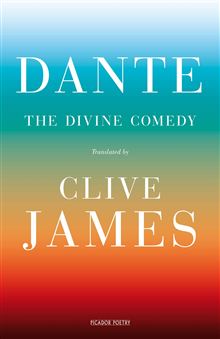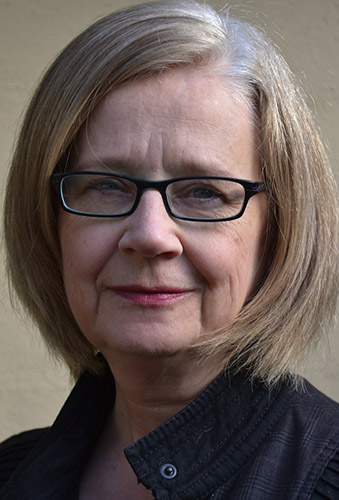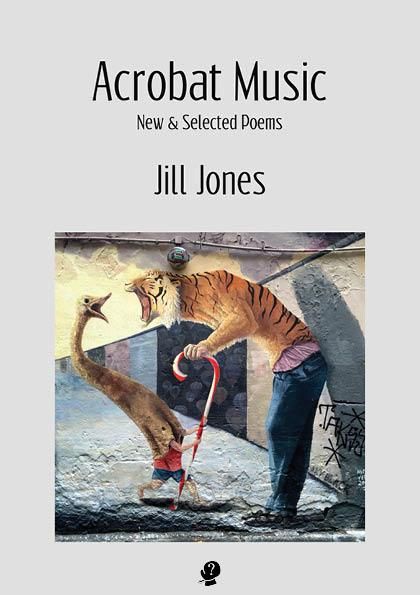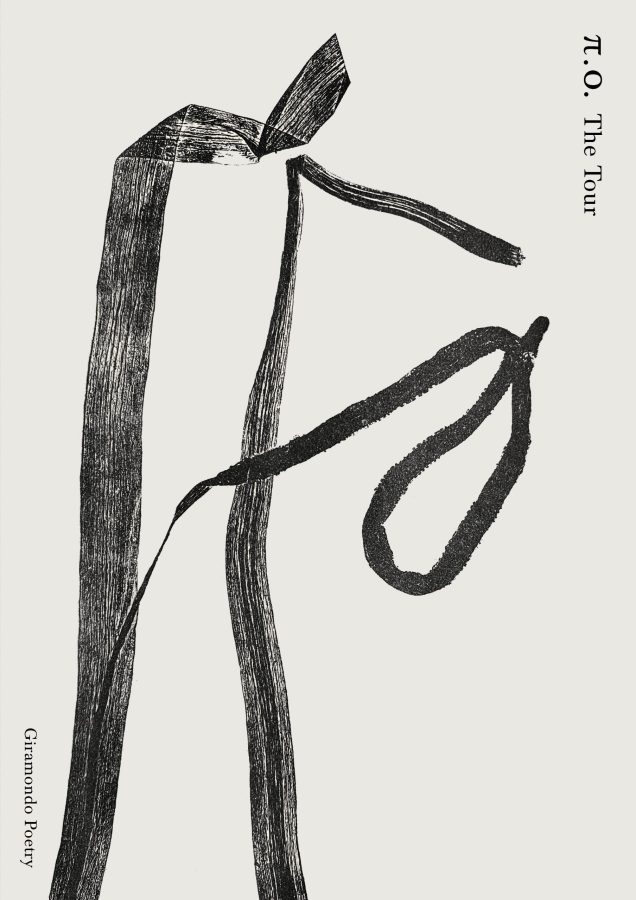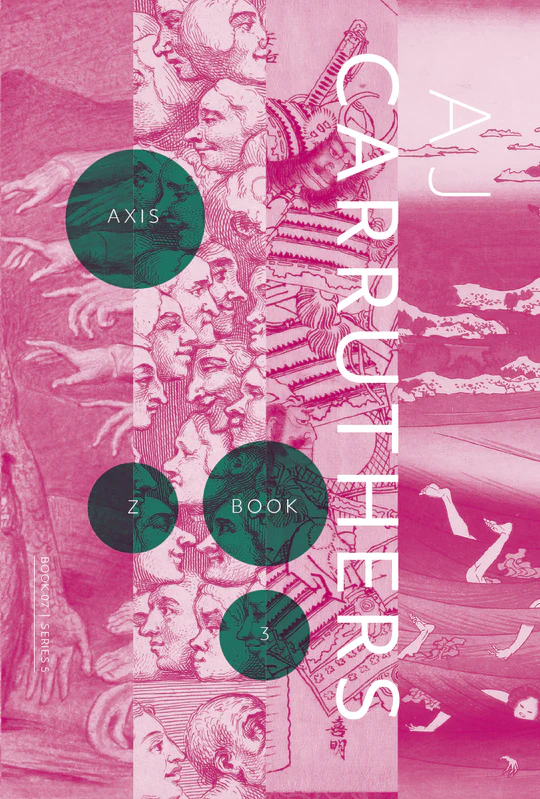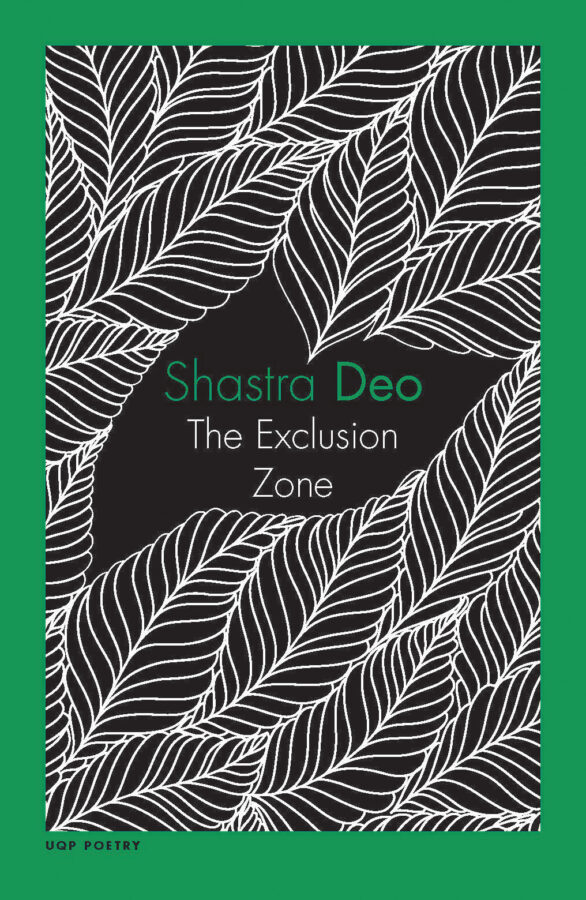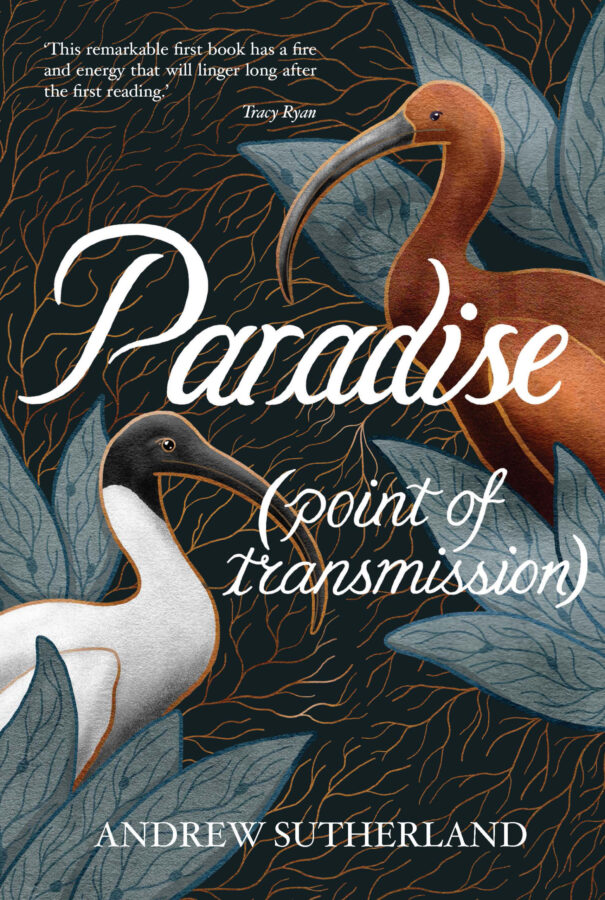The onward surge: Dante: The Divine Comedy translated by Clive James
‘The dead travel fast,’ or so Jonathan Harker is warned on his way to Count Dracula’s castle. Bram Stoker took the image from a German Gothic poem, but it might well have its origins in Dante, whose Inferno is populated by galloping hoards, ‘never living sprinters’ in a mad dash from horrors they cannot escape. Dante’s damned are a noisy crew – roaring, barking, hissing, shrieking and crashing about in an environment that itself heaves with thunderous convulsions. If you are going to take a tour through hell, you had best keep up a cracking pace, as Dante’s guide, Virgil, keeps reminding him. And Virgil is a strict time-keeper: ‘Move … More speed … Get up, for we have a long hard road to go.’ Though stops on the way are inevitable to allow Dante to engage in the dialogues from which he learns what is to come for unwitting mortals, these exchanges are often cut off abruptly, as there is a schedule to keep. The exhortations continue all the way through the mountain climb of the Purgatorio, where the travellers must time their progress against the passage of the sun.
This sense of forward momentum should also be part of the reading experience of The Divine Comedy according to Dorothy Sayers, who produced a best-selling translation for Penguin in the 1950s. Sayers begins her introduction with the advice that, for the general reader, the best approach is to start at the first line and allow oneself to be carried through the whole work by the vigour of the narrative. She explains how the three-line terza rima verse form, in which one stanza is linked to the next with an echoing rhyme in the middle line, promotes fluency and impetus.
Sayers’s attempts at reproducing the dynamics of Dante’s verse don’t rate much with Clive James, but the commitment to momentum is likewise one of his priorities. In the introduction to his translation of The Divine Comedy, he explains that the great secret of Dante’s masterpiece, disclosed to him by his wife some half a century ago when he was a callow student, lay in how the subtle rhythmic pulse of the internal rhymes supports ‘the onward surge of the great story’. Prue Shaw, James’s wife, went on to become one of the foremost English scholars of Dante. James’s own career has been more various: poet, novelist, memoirist, journalist, satirist, radio and television personality. He has sought to leave the last of these identities behind him, but the Clive James most of us know best is the one that talks to camera and talks fast, spinning convoluted syntax in a deadpan tone that belies the sting in the tail, though you always know it’s coming. The tone, once you are familiar with it, comes right off the printed page as you read. Even James’ weightier essays are written in this voice. They are directly addressed to a listener and have the tones and cadences of spoken language.
In James’ translation of Dante, the voice surfaces only occasionally from the more formal turns of the verse, but when it does, the effect of terse immediacy is a sly reminder that this is our contemporary on the end of the line:
And true it was that I was on the edge
Of the great pit of the piteous abyss
Where sad cries have the dubious privilege
Of gathering perpetual synthesis,
And griefs already infinite are by
Their own great number multiplied, to swell
Uproar to an eruption. It was Hell.
And as it sounded, so it looked. All bad.
But The Divine Comedy is filled with voices that do not and cannot sound like the talk of our times. The poet’s progress through the three realms of the after-life is charted as a succession of dialogues, each with its own kind of urgency. During his journey, Dante struggles with a mass of compelling questions, while his interlocutors – philosophers and rulers of the ancient world, figures of classical legend, saints and church leaders, Florentine dignitaries of his own former acquaintance – are equally compelled to tell their stories.
Here lies one of the key challenges for a modern translator. How to get the dramatis personae to communicate across the centuries? The convention is to provide some contextual information in footnotes and appendices, but James wants none of this pedantry and aims instead to incorporate essential points in the verse. In one respect, this works. James’ skill in correlating the shapes of the lines with the structure of sentences renders the work of interpolation invisible, and he has a fine sense of economy in the actual wording. But in avoiding the clutter, he runs another kind of risk: not so much that you can’t tell who is speaking – though there are a few significant instances of pronoun confusion – but that it doesn’t seem to matter. The figures in these consecutive risings and passings are too undifferentiated to involve us in their dramas. The Shakespearian solution would be to give each a distinctive voice through the texture of the language, but that is something beyond what we can ask of a translator and may be outside the terms of Dante’s poetic enterprise.
In the Inferno, there is much to hold the attention besides the dialogues, which are interspersed with lurid scenes of torment in a spectacularly ghastly topography. Somehow we know these scenes, which have inspired so many painters and illustrators, and continue to feed into the visual repertoire of horror movies. James remarks in his introduction that ‘Dante has an exciting time in Hell’, but acknowledges that the follow-up through the Purgatorio and into the Paradiso presents challenges of another order. While the going gets easier for Dante, it gets tougher for the reader and translator as they realise that ‘this isn’t just a story, it’s a poem’.
From the start of the Purgatorio, the driving energy takes on a lighter quality and the poem becomes about the progress of light itself. Dozens of lines in each canto are devoted to accounts of planetary movements, the cycle of dawn and dusk, starlight from the constellations of the zodiac. Virgil’s sense of haste is now bound up with these movements because the precipitous climb can only be pursued in the hours of daylight. But there is a psychological dimension to this:
There’s nothing else to hinder your ascent
Except the dark that tangles up your will
With helplessness.
In this phase of the journey, all the forward momentum is invested in longing. The denizens of this region are caught in a double bind, forced to play the waiting game, serving out their sentence while the longing in them grows stronger, driving them to plead for intercession. Virgil is wary:
‘These souls are many and they come to press
Petitions on us,’ said the Poet. ‘None
Should stop you. Move on. Make your pace no less,
And listen as you go.’
To appreciate how James keeps the pace along with him, compare these lines with their equivalent in the Sayers translation:
‘Right many are these who rush on us, disposed
To beg a boon of thee,’ the poet said;
‘So thou keep going; hearken as thou go’st.’
Sayers has shackled herself to the terza rima form, and an archaic vocabulary that stifles any attempt at the fluidity James is able to inject into the language. Making the decision to pass on the terza rima – an early experiment ‘was creaking with strain the longer it went on’ – James chose to write in quatrains, though the poem reads more like blank verse because of the way the syntax holds its own across the lines, so that their concluding syllables are more like internal rhymes. His rendition is at once more contemporary and more Shakespearean, reminding one that what is Shakespearean in the English verse tradition has much to do with a kind of ease and spaciousness of form, together with an instinct for where to flout formality. The verse works to enhance the cadences of speech, which in turn vary the sounds and shapes of the stanzas.
The James version asks to be read aloud. An audio book must surely have been commissioned, and I just hope they have not signed up some fruity-voiced actor from the British establishment. Benedict Cumberbatch would be good (if they catch him before he enters that category). No other actor I can think of negotiates the gear-shifts with quite such agility, which is what is called for here, though I am not only thinking in terms of Sherlockian fast-talk. One of the things an actor can bring to verse is some intelligent speed control, and one of the traps for the silent reader is a failure to exercise it. It is so easy to let yourself be swept along on the running feet of the lines, at a rate that cannot be matched by comprehension, and as you progress through the later stages of the Purgatorio and on into the Paradiso, this is an increasing challenge.
While modernising the language of Dante is a major poetic enterprise, there is no way to modernise the intellectual world of The Divine Comedy. The visionary extravagance of Beatrice’s chariot fuses biblical allusion with alchemical symbolism and political allegory. It is a two-wheeled triumphal car, drawn by a giant griffin, with three ladies dancing at the right wheel:
One red as rust,
Was so red you’d have missed her had she pranced
Inside a fire. One more of emerald
Seemed made. The third looked like fresh-fallen snow.
Would it help to have an array of footnotes and appendices explaining the alchemical significance of the red, the white and the green? Probably not. But the companionable mode of the writing does nothing to compensate for the fact that in cultural terms we are on entirely foreign territory, and from here things only get stranger.
Protracted accounts of solar light on Mount Purgatory are succeeded in the Paradiso by meditations on divine light, but this does not mean we get to revel in an unbroken stream of high-flown poetry. Rather, we are presented with a series of tutorials on the physics and metaphysics of light, and their involvement in the divine plan of creation. Dante is a slow learner:
But now I see your mind is in a knot
Of tangled thought pulled tight through tangled thought
It longs to be released from.
Quite so. It will not do to just surge forward here, riding on the narrative momentum. You have to concentrate. As the doctrine continues to roll out over the next dozen Cantos, Dante listens, as he says, like a candidate for the viva voce. He is put through a catechism by St Peter, recites his Credo, and is given further lessons in the science of optics before drowning in the radiance of glances exchanged amongst the higher saints and divines.
There is no escaping the shuttle between mysticism and pedantry in mediaeval scholastics, and perhaps the encounter would be less disconcerting if one reached it through the pages of a less fluent and engaging narrative. I don’t get the sense that James has much patience with the arcana of theological disquisition or the logics of pre-Renaissance science, and found myself at times wondering what was keeping him going through it all.
Clearly, his science is language, and he is devoted to its mysteries with a tenacity Beatrice herself might give him some credit for, but in a way that overrides his concern for the discursive elements of Dante’s epic. In an essay on the Dante scholar Gianfranco Contini in his collection Cultural Amnesia (2007), James offers some comments that contain the seeds of his approach to The Divine Comedy. Poets, he says, have a particular kind of relationship to language. ‘They might not be able to remember what someone once said. What they remember is the pace and lilt of how he said it: what they retain is more likely to be a rhythmic measure than a paraphrasable expression. In this manner, a poet studies his own language as if it were a foreign one.’ Here is where F.R. Leavis misunderstood T.S. Eliot’s preference for Dante over Shakespeare: ‘Eliot would have agreed that Shakespeare had a lot to offer, but might have said that only a foreign writer can offer you a lesson in how your own language is put together at a deep level.’
James has the art of making statements that seduce by their shape as much as their sense. It is worth thinking twice about this. Taken to its logical conclusion, it would be an affirmation of the exquisite linguistic shaping in Lewis Carroll, rather than the poetic art of Dante Alighieri. Great poetry involves the fusion of sound and sense, shape and meaning. And reversing the priorities in James’ statement, I am inclined to ask whether ideas and arguments that are foreign to us may not also have something to teach us about how our thinking patterns are put together, and whether this may be one of the most significant challenges of The Divine Comedy for our times.
But now, after two readings, I am looking at this volume lying on my desk, dressed in the colors of the Australian outback (inferno rouge, graduating into a haze of burnt orange and aqua before rising to paradiso blue above the title), and still feeling powerfully under the influence of where it has taken me. I have attempted to read Dante several times before, and petered out halfway through the Inferno. Surely somewhere in the outer circles of those regions there is a place for those who spend their lives poring over footnotes to literary classics. And somewhere, perhaps a little further in, a place for those who respond to a massive literary effort with an account of its shortcomings. So let me say this: Clive James’ Divine Comedy is a mesmerising achievement. I will be reading it again.
References
Dante Alighieri, The Divine Comedy II: Purgatory, translated by Dorothy Sayers (Penguin, 1955).
Clive James, ‘Gianfranco Contini,’ Cultural Amnesia (Picador, 2007).
Bram Stoker, Dracula (Wordsworth Classics, 1993).
